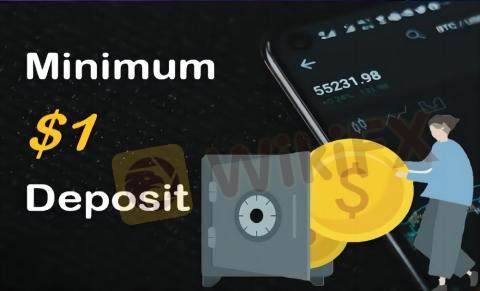It is acknowledged that the forex market trade around the clock. However, we are not a machine, so we cannot trade for 24 hours without any breaks, right? Then, what is the best time for forex trading? Do you wonder?
In this article, WikiFX will give a brief introduction to four forex trading sessions and three forex trading session overlaps, as well as share the best forex trading hours and some forex trading tips with you. Now, its your turn to read this article and find the answer by yourself.

Q: What is WikiFX?
A: WikiFX is a professional, global forex broker regulatory inquiry tool with extensive and easily accessible data on almost 60,000 FX Brokers around the globe. You can learn about the Forex Industry, News, Educational Resources, and more at “wikifx.com”.
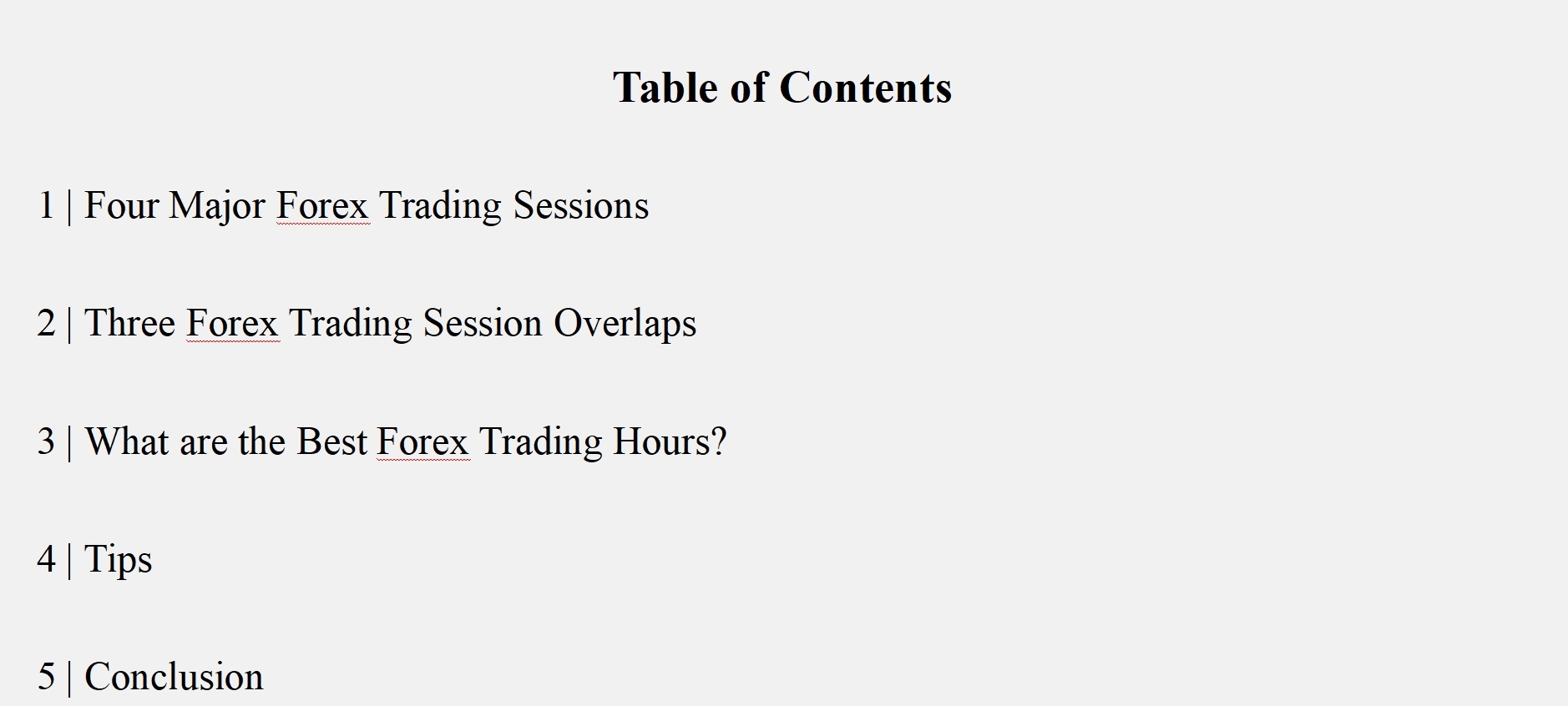
Four Major Forex Trading Sessions
London, New York, Sydney, and Tokyo are the four major forex markets in the global market. The forex market is therefore divided into four main sessions: Sydney Session, Tokyo Session, London Session, and New York Session. A forex trading session is named after a major financial center and follows the local “work day” of traders within that city.
The forex session times cover the entire 24-hour clock, however, it does not trade every day. On Sunday, the market picks back up again after a brief respite on Saturday.
Listed below are the four major forex trading sessions (Eastern Standard Time/EST):

London Session: 3 a.m. - 12 p.m. (noon)
Globally, the United Kingdom dominates the currency markets, with London as its main hub. 32% of all forex transactions take place in London, the world's trading capital. Currency fluctuations are also greatly affected by the Bank of England, which controls interest rates and the British pound's monetary policy. Technical traders should keep in mind that many forex trends originate in London as well. In technical trading, statistical trends, momentum, and price movement are used to identify opportunities.

New York Session: 8 a.m. - 5 p.m.
A large number of foreign investors watch New York, the world's second-largest forex platform. According to the report, approximately 19% of all forex transactions occur in the Big Apple, with 85% of trades involving the dollar. Dollar movements can be immediately and powerfully influenced by the New York Stock Exchange (NYSE). Dollars can gain or lose value instantly when companies merge or acquire.

Sydney Session: 5 p.m. - 2 a.m. (Next day)
Sydney is the official start of the trading day. Due to the long pause that began on Friday afternoon, individual traders and financial institutions are attempting to regroup. There is a lot of action during the first several hours after the markets open on Sunday afternoon.
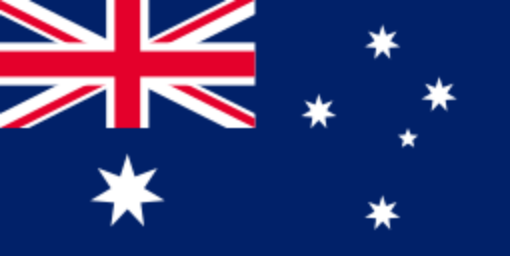
Tokyo Session: 7 p.m. - 4 a.m. (Next day)
As the world's third-largest economy's financial center, Tokyo is the first Asian trading center to open. Combined with other Asian markets like Hong Kong and Singapore, the Asian session accounts for approximately 21% of all forex transactions. The Japanese yen (JPY) is the most traded currency in the wider Asian session, accounting for 16.5% of all forex transactions. When the Tokyo market is the only one open, USD/JPY is a good pair to watch, as Japan's central bank has a heavy influence on the market.
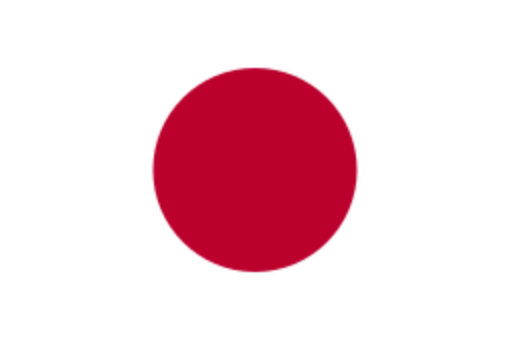

Three Forex Trading Session Overlaps
Although each exchange operates independently, they all trade the same currencies. It is common for traders to buy and sell a currency actively when more than one market is open at the same time (overlap).
Bids and asks on one forex market exchange immediately affect those on all other open exchanges, increasing volatility. Due to higher liquidity, bid-ask spreads tend to be narrower, making it easier for traders to generate net profits. So, it is of great significance to have a good understanding of three forex trading session overlaps.
The table below shows the three overlaps that occur every day:

London/Tokyo Overlap: 3 a.m. - 4 a.m.
Compared to the other two overlaps, London/Tokyo overlap sees the least amount of action since most US-based traders aren't awake at this time. Additionally, its one-hour overlap also limits the chance of seeing large changes.
New York/London Overlap *: 8 a.m.-12 p.m. (noon)
In the New York/London markets, there is the greatest overlap. Since the US dollar and euro (EUR) are the most frequently traded currencies, more than 70% of all trades take place when these markets overlap. During this time, volatility is quite high, especially during the first three hours, making it an excellent time to trade.
Tokyo/Sydney Overlap: 7 p.m. - 2 a.m. (Next day)
The Tokyo/Sydney overlap occurs quickly, as Tokyo opens its doors after two hours of Sydney trading. There is less volatility during this period than during the New York/London overlap, but there is still an opportunity to trade in a period of higher fluctuation. The EUR/JPY currency pair is the best to trade because these are the two major currency influencing factors.

What are the Best Forex Trading Hours?
Not all hours of the day are suitable for forex trading. Forex trading is most profitable when the market is most active. It is expected that the most active trading times will happen when two trading sessions overlap and are open simultaneously.
Many investors consider 8 am to noon (EST) to be the best time for forex trading because this period has the most trading volume. The New York and London forex markets overlap during this period, creating a marriage between the world's two biggest markets.
The overlap between Tokyo and Sydney markets would be ranked second. There are ample opportunities for professionals and seasoned traders in the former regions, even though the trading isn't as volatile as the trading that takes place during the overlap between New York and London.
Nevertheless, the question of what is the best time for forex trading is a philosophical one. The best currency exchange times are when you can fully concentrate on what you are doing.
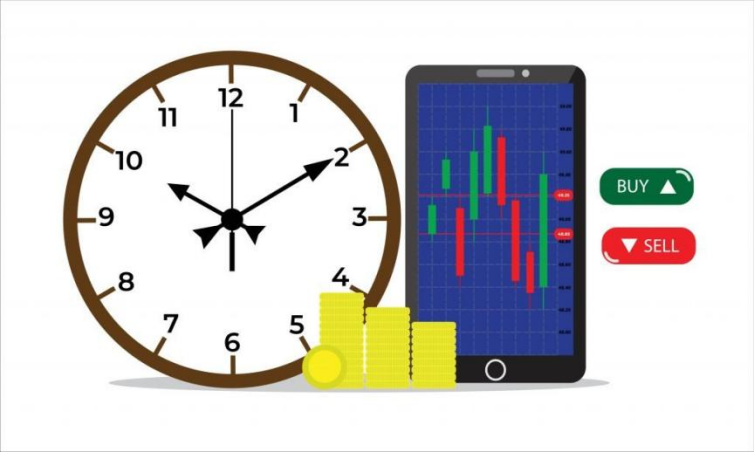
Tips
Here are some tips for forex trading that every trader need to be aware of:
Tip 1: Attention Release of News
In planning one's trading schedule, a trader should be aware of the major forex markets and their overlaps, but do not forget to factor in the news release.
Big news releases can boost normally slow trading periods. A major announcement regarding economic data can change the value of a currency within seconds, especially if it goes against expectations.
Despite the dozens of economic releases that are released across all time zones every weekday, a trader need not be aware of them all. Instead, watching and monitoring news releases should be prioritized based on their importance.

Tip 2: Trade With A Demo Account
Of course, you should also be aware that forex trading carries a high level of risk. For forex traders, especially those who are new to forex investing, it is advisable to open an account with a broker who offers demo accounts. Demo accounts let you simulate forex trading transactions. You can assess your performance on real trades by calculating your profits and losses from practice trades. It is only after investors gain enough experience and knowledge that they will be able to make real forex trades.

Conclusion
In a word, as you set up a trading schedule, make sure you have obtained a good understanding of four major forex markets and three forex trading session overlaps, as well as keep an eye on top of news releases. If you want to get more profits from forex trading, you had better trade during periods of high volatility (overlap) and at the same time, monitor the release of new economic data. Whether you are a part-time trader or a full-time trader, you can create a schedule that fits your trading schedule. Trading opportunities will not disappear when you take a break or sleep.
Also, make sure you get started with a demo account which offers a risk-free trading environment before real forex trades. WikiFX recommends you educate yourself enough and do more research before starting forex trading. If you want to trade like a pro, you should educate yourself enough and do more research on the brokers that you are interested in before you start trading. Visit our website (https://www.WikiFX.com/en) or download the WikiFX APP now to learn more about forex-related information and resources.

You Also Like

Forex Day Trading VS Forex Scalping: Which One to Choose?
Unravel the clash of Forex day trading and scalping - grasp their tactics, track differences, and tailor your trade.

How to Hedge Forex Positions? Some Relevant Strategies to Share.
Dive into Forex hedging strategies - reducing risk, seizing opportunities and securing robust trading profits.

Can I Trade Forex without Stop-Loss? Here Lets’ Discuss
Start Forex trading without stop-loss - understand how it works, explore other options and possible risks.

Forex Market Hours: What is the Best Time to Trade Forex?
Master the clock of Forex trading - optimize profits by knowing the best trading times globally!


























